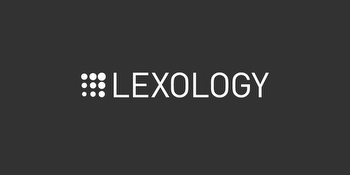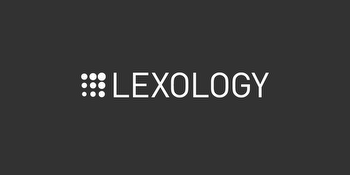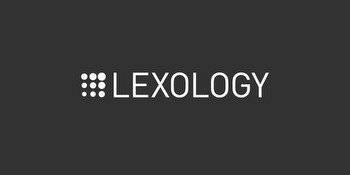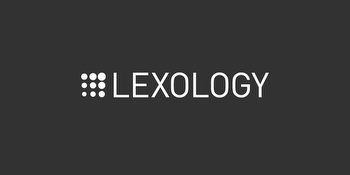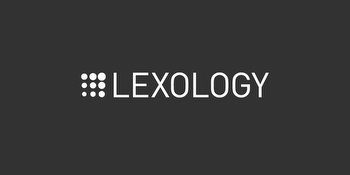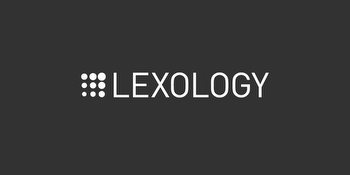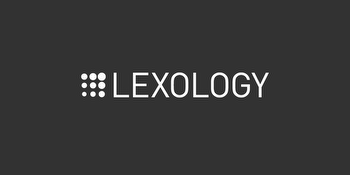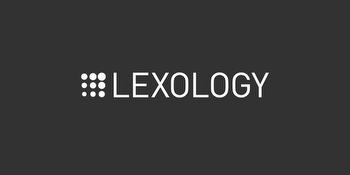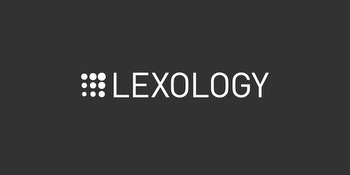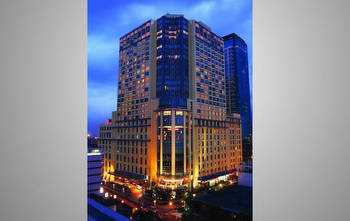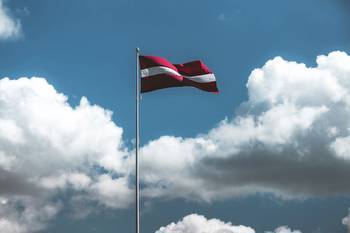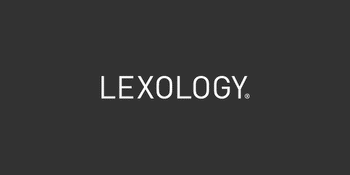In review: licensing and taxation of gambling activities in Latvia

Latvia gained full independence from the Soviet Union in 1991. In 1998, the government established the Lotteries and Gambling Supervisory Authority. The same set of gambling laws remained in place for several years. Then in 2005, Latvia launched the Gabbling and Lottery Law. This created a new framework for both land-based and online gambling companies to legally operate inside the country. Gifting fees and taxes are regulated by separate laws. Remote and land based gambling is defined as interactive gambling. The Authority implements state policy in the organisation of the gambling and lotterie industry.
Online gambling operators in Latvia can only provide their services to customers located in the territory of Latvia if they have a valid gambling licence. There are two types of gambling licences available to the operators: a fully fledged gambling license and an interactive gambling one. The organisation of interactive games and the acceptance of bets is permitted only after the receipt of the relevant license issued by the Authority. There is a separate licence for the specific operations of live dealer studios located within the Latvia territory. All gaming machines and equipment must be registered and certified.
a fully fledged gambling licence, which enables an operator to provide its services both land-based and online.
Lotteries and gambling tax shall be paid by a capital company that has received a special permit (licence) for the organisation of lotterying or the necessary licences for gambling.
Gambling is taxed in Latvia. The object subject to the gambling tax is the organiser, a capital company, gambling venue and gaming equipment. A tax of €28,080 per table, €5,172 per gaming machine, 15% of the revenue from the organisation of games of chance over the telephone, 10% from gambling organised using telecommunications and lottery winnings not included in the annual taxable income.
In Latvia, roulette, card and dice games, gambling machines and betting are taxed. Gambling is organised using telecommunications. The gambling tax is 10% of the revenue from the organisation of that game.








